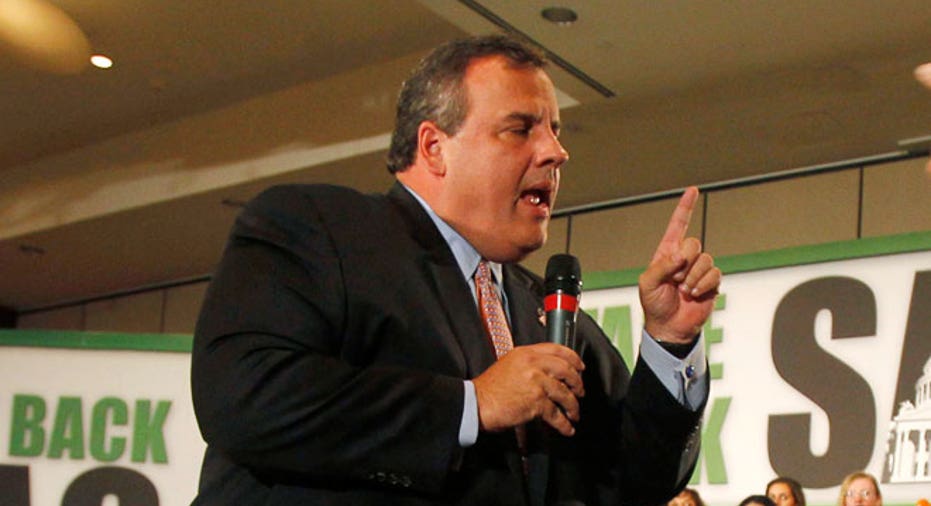N.J. Governor Christie Vetoes Minimum Wage Hike to $15/Hr

New Jersey Governor Chris Christie on Tuesday vetoed a bill to raise the state's minimum wage to $15 per hour over the next five years.
The legislation would have made New Jersey the third state to adopt a $15 per hour minimum wage, Christie said in a statement.
State voters agreed to a previous wage hike in 2013, to $8.25 from $7.25. New Jersey's rate is tied to the consumer price index and is now at $8.38, according to a database from the National Conference of State Legislatures (NCSL).
"Despite having a constitutional mandate in place, the legislature now wants to increase the minimum wage by almost 80 percent just three years later," Christie said in a statement about his veto.
Christie, a close ally of Republican presidential nominee Donald Trump, said the wage bill passed by Democrats, who control both houses of state legislature, failed to consider the ability of businesses to absorb the increased labor costs.
Neighboring New York State, as well as California, became the first states to lift the minimum wage toward $15 earlier this year.
While California's higher rate will be in effect statewide by 2022, New York created a two-speed system, with different timetables for New York City and nearby counties, versus the "upstate" regions where incomes are lower and labor markets less robust.
Some cities are also stepping up to higher wage levels. Washington, D.C.'s minimum wage will reach $15 per hour by July 1, 2020, after it enacted a law this year. The city's current level is $10.50.
Washington and 29 states have set minimum wages above the federal rate of $7.25 an hour, according to the NCSL.
Michele Siekerka, president of the New Jersey Business & Industry Association, praised Christie's veto, saying the increase was "too much too fast."
"Had this bill been signed, it would not only have hurt the New Jersey economy, but it would have hurt the exact workers the proponents of this policy are trying to help," she said in a statement.
Assembly Speaker Vincent Prieto, lead sponsor of the bill, said in a statement the wage increase is a key component to Democrats' strategy to combat poverty.
"A substantial minimum wage increase will help lift countless families out of poverty, decrease government dependency and boost commerce by pumping more dollars back into the economy," he said.
(Reporting by Hilary Russ in New York; Editing by Chris Reese)



















